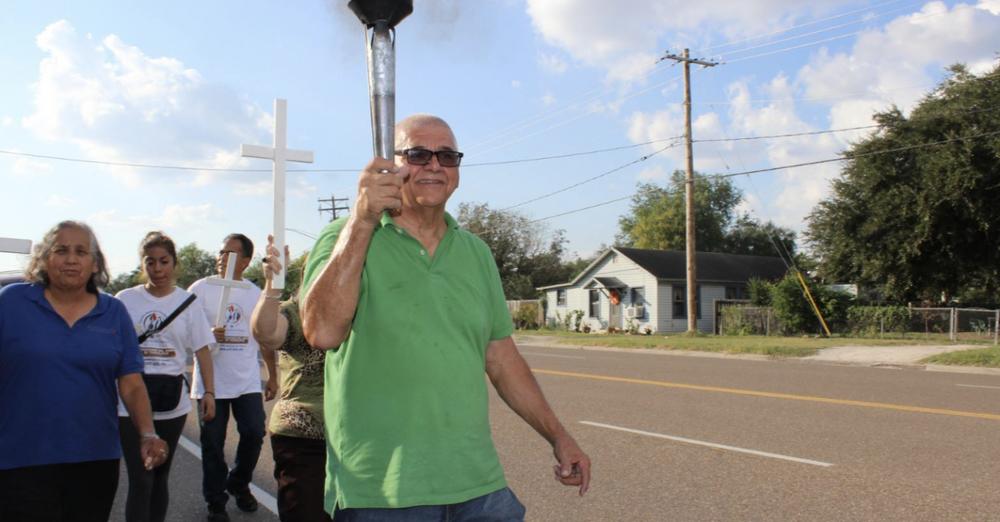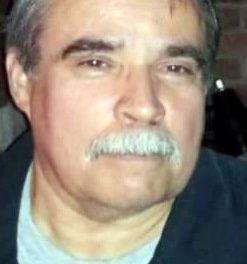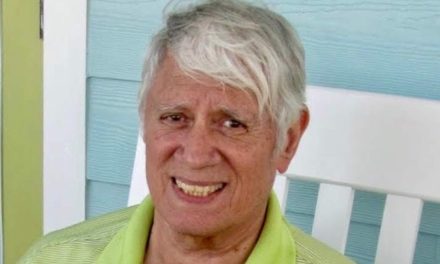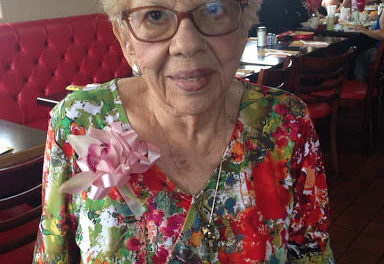Edward “Eddie” Canales, a distinguished advocate for labor rights and migrant welfare in South Texas, passed away peacefully at home early Wednesday morning, surrounded by his family. He was 76 years old and had been bravely battling cancer for a significant period.
Eddie Canales dedicated his life to improving working conditions and advocating for the political representation of Chicanos and migrants seeking better opportunities in the United States. His unwavering commitment to social justice has left a lasting impact on the community, as colleagues and loved ones reflect on the countless lives he touched through his relentless activism.
Born to farm laborers in Corpus Christi, Canales cultivated a strong sense of community involvement from a young age. His educational journey began at Sam Houston Elementary School, where he became bilingual and excelled in reading. In a memorable interview with the University of North Texas Libraries, Canales recounted overcoming racial barriers during his school years while also thriving in sports. He graduated from W.B. Ray High School in 1966 and simultaneously worked at Eastern Airlines while attending Del Mar College.
Canales’ passion for social justice was ignited during his college years at the University of Houston, where he joined the Mexican American Youth Organization and volunteered with the United Farm Workers of America, especially during the grape boycott. His activism flourished in Barrio Mayo, where he played a critical role in establishing a community center that collaborated with the La Raza Unida Party to support candidates advocating for Mexican American rights.
Throughout his career, Canales was instrumental in championing immigrant rights. He participated in the Justice for Janitors campaign in Colorado before returning to Texas to work with the Industrial Council of the Southern District under the United Brotherhood of Carpenters and Joiners of America. Ultimately, he founded the South Texas Human Rights Center in Falfurrias, a community-based organization dedicated to protecting human rights and dignity in the region.
At the center, Canales spearheaded initiatives to provide water stations for migrants crossing the border into Brooks County. His impactful work was featured in the PBS film “Missing in Brooks County,” which addressed the pressing issue of migrant deaths in the area. Canales also partnered with Texas State University’s Kate Spradley on Operation Identification, a project aimed at repatriating unidentified remains found along the border.
Spradley praised Canales for his unwavering commitment to advocacy, stating, “He was always working towards policies that would allow safe, orderly, and regularized migration.” His efforts to establish a humanitarian DNA database have been crucial in identifying deceased migrants and offering families a sense of closure.
Nancy Vera, vice president of the South Texas Human Rights Center and a lifelong friend of Canales, emphasized his dedication to alleviating the suffering of others. “Eddie was not indifferent to other people’s suffering. He just wanted to live his life giving to others, and he truly did that,” she remarked.
In recent years, Canales organized environmental justice campaigns against the desalination of Corpus Christi Bay. Vera reflected on his lifelong commitment to advocacy, stating, “This is a big loss for our community and our country. Eddie cared about humanity.”
A lover of political and Chicano art, music, and literature, Canales is survived by his son, Eddie Jr.; his daughter, Erika; and countless friends and family members who will remember him for his compassion, humor, and unwavering dedication to social justice. His legacy as a champion for the marginalized will endure in the many lives he influenced throughout his remarkable journey.
Edward ‘Eddie’ Canales, Advocate for Migrants and Laborers, Passes Away at 76









